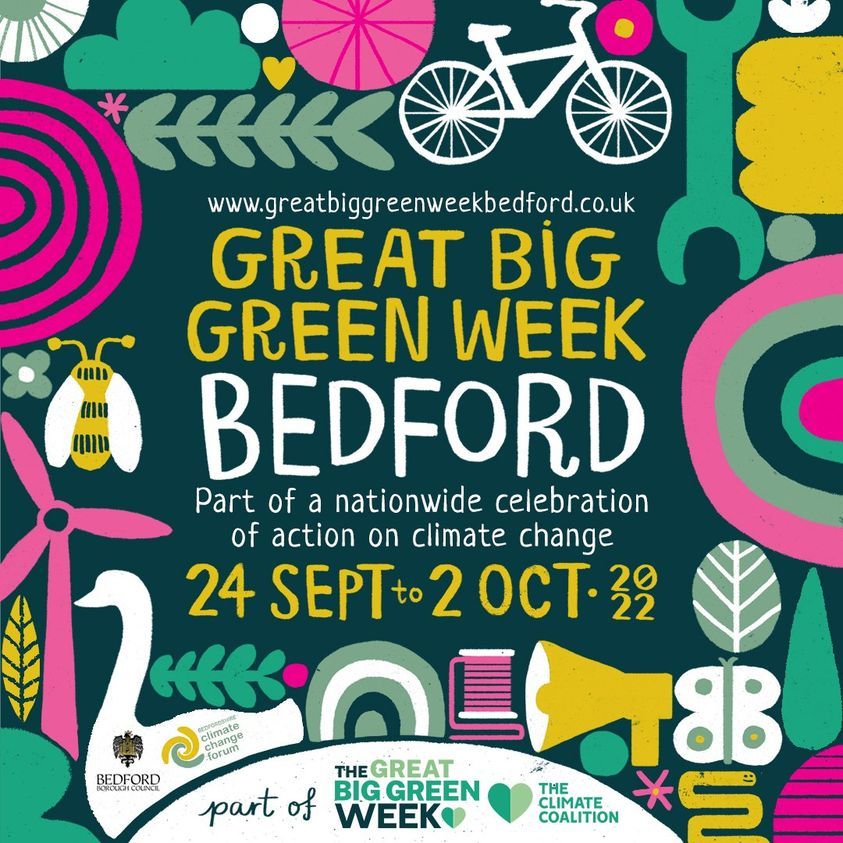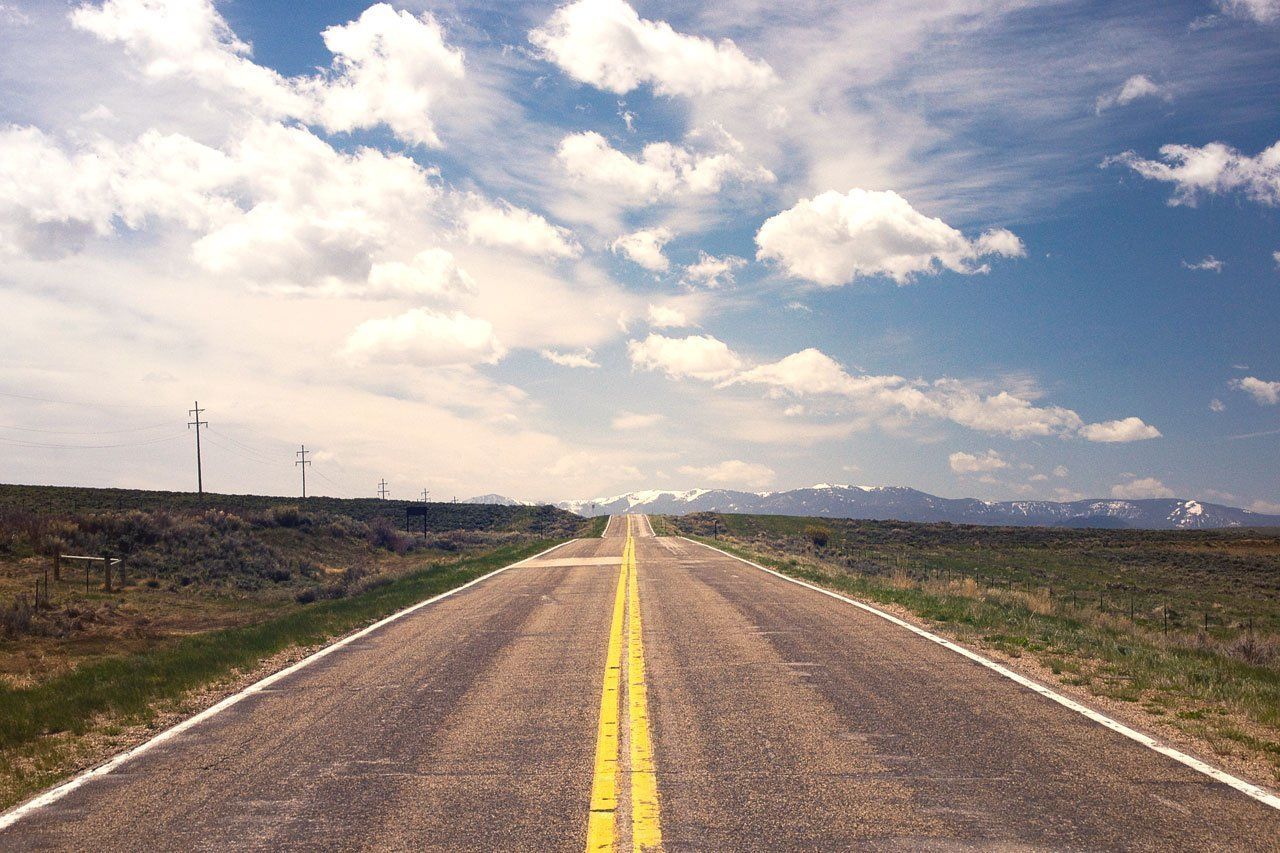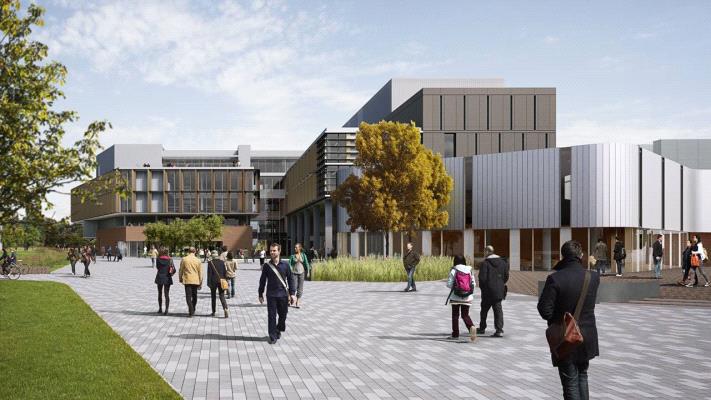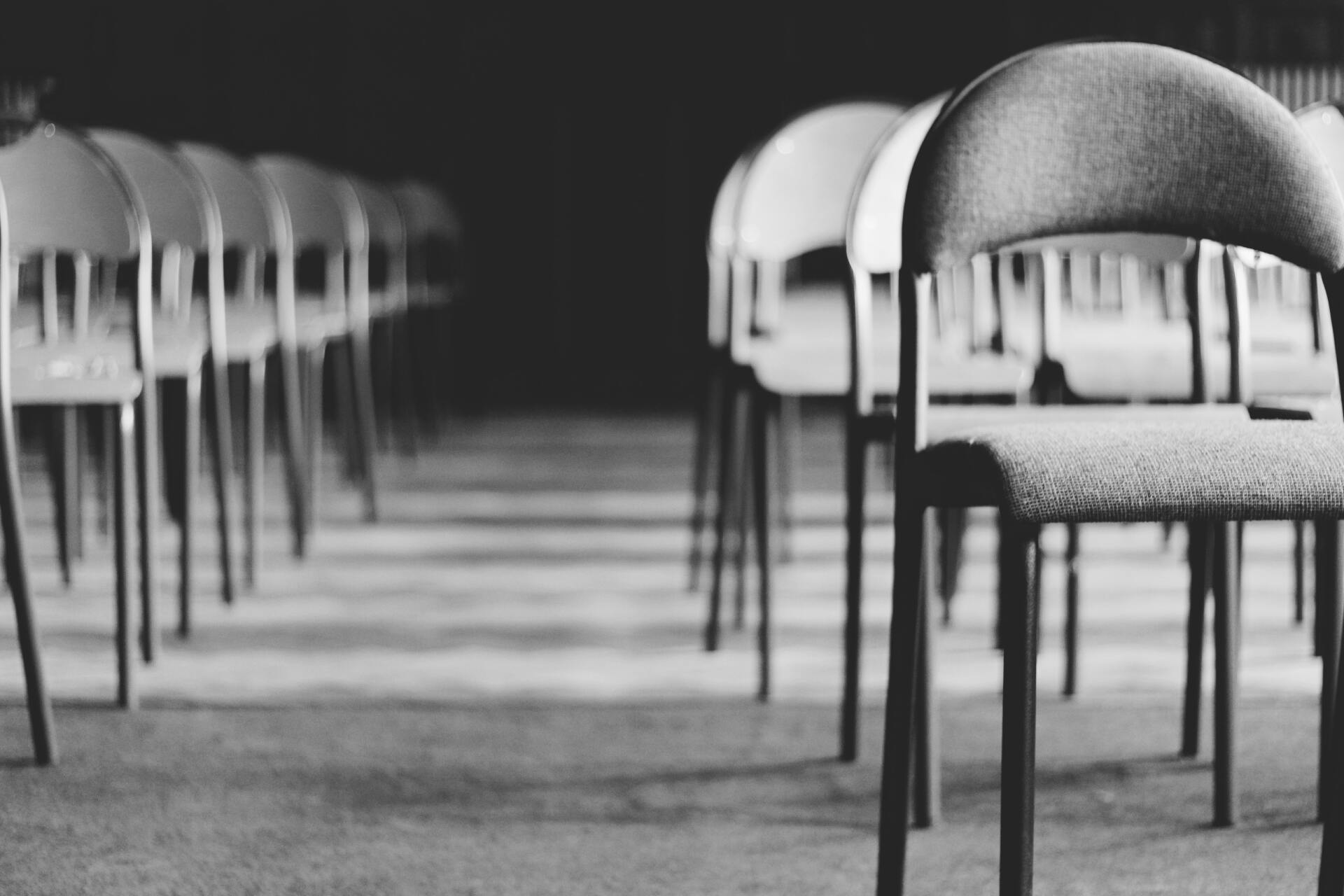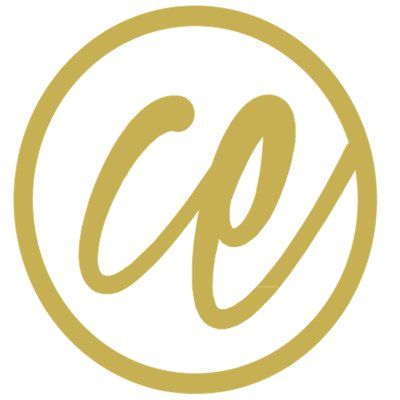Circular Living for Bedfordshire
To mark Great Big Green Week Bedford this year, CEC 3 Counties hosted an online webinar ‘Circular Living for Bedfordshire’ designed to explore the ways in which businesses and individuals throughout Bedfordshire can adopt more ‘circular’ living.
The Circular Economy Club network is the voluntary international network of over 4,500 circular economy professionals and organisations in over 140 countries. It is not-for-profit and open to anyone with an interest in circularity.
Katherine Adams, one of the CEC 3 Counties co-ordinator, chaired and opened the session, and started by describing how circularity aims to keep our products and materials in-use using different methods and practices, including designing for longevity in the first place. A circular economy is one in which products are created to be long lasting, adaptable and reusable. It aims to combat our ‘throwaway society’, make best use of resources and cut carbon emissions.
Jeremy Hobbs-Awoyemi introduced the newly created CEC 3 Counties circular economy map for Bedfordshire, Buckinghamshire and Northamptonshire. This lists zero waste shops, reuse and recycling organisations, and those involved in circularity throughout the region. Anyone offering reuse or ‘circularity’ can be added to the map, and you can contact CEC 3 Counties for this.
John Kennedy, co-founder of Uzed.com, has worked in the circular IT hardware industry, buying and selling used equipment from companies, schools and other organisations. Whilst still working in IT, his main focus now is on making the gym industry more circular. John told the story of Uzed, where they came from, what they do and their circular ambitions for the future.
The fitness industry has a long history of reluctance to use or buy second-hand equipment, with short term fashion tending to dominate, leading to huge amounts of wasted equipment and wasted revenue in the sector.
Through Uzed that is starting to change. Uzed started life by understanding the fitness industry, finding out how equipment can be maintained and repaired, what is needed for equipment to be reconditioned and how can you source spare parts. Uzed will often take equipment that is destined to be thrown away, and completely break the unit down into its constituent parts, in that way building up a stockholding of parts. They now also look at spare part acquisition direct from the manufacturer.
They are increasing the residual value of equipment. New equipment typically has a very high initial list price, with the secondary market typically low. They are working with leasing companies to provide a future value and higher value guarantee on equipment, which they provide as an option for fitness gyms.
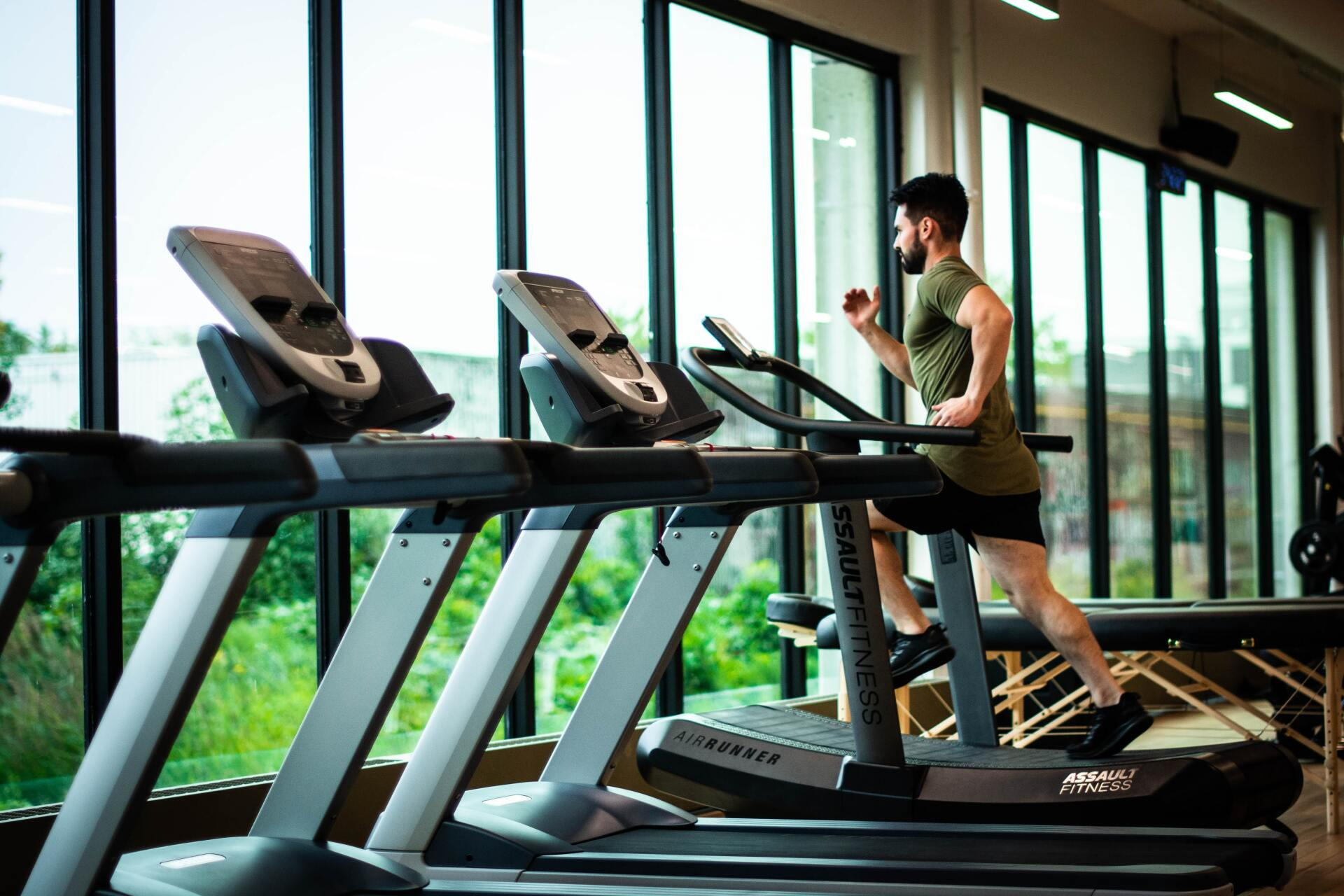
There are challenges in the business relating to logistics and transportation of equipment, and the costs and time involved in this, but Uzed are currently looking at ways of making this more cost-effective by connecting with logistics providers and transportation companies across the UK.
Uzed have a zero landfill policy, with the major goal of extending the life of the equipment. Their online platform provides a much easier and more accessible way to selling unwanted gym equipment, and that can be for the major fitness chains or just one running machine or treadmill in the home.
Natalie Ibbott, the CEC 3 Counties co-ordinator for Bedfordshire, introduced Freegle, the UK’s largest online reuse network. Freegle is free to join, and free to use, and run by a voluntary network. Reuse is already happening, she said, but it needs to scale up dramatically, and be ‘normalised’ as part of everyone’s daily living. The top items that are ‘Freegled’ include washing machines and dryers, computer equipment and furniture that would otherwise most likely end up being disposed of in landfill sites. There is a website and mobile app for Freegle, and allows you to join your nearest and local Freegle community when you go online, and Bedford is one of Freegle’s busiest groups. Freegle has a huge social value, particularly in times of economic hardship, giving members of the community the chance to donate or receive items that they might otherwise not be able to easily afford.
Freegle can also partner with local authorities, social housing providers and any other organisation that would like to do more to increase reuse locally.
Gilli Hobbs, CEC co-ordinator for Northamptonshire, provided a round-up of developments in the sports, fitness and leisure world, and how you can reduce your impact on an individual basis. A lot of local sports clubs, including Luton Town FC and Northampton Saints, have events and activities to encourage greener living. There is now a wider range of eco-conscious sportswear and clothing, with products that use natural fibres and materials, as well as recycled materials.
CEC 3 Counties, as well as the wider circular economy network internationally, exists to try and promote more circular approaches to living and working. If you are in Bedfordshire, or any of the 3 counties, get in touch if you are working in the area, or developing a new product or service to make our lives more circular – www.CEC3C.org or email CEC3Counties@gmail.com.


